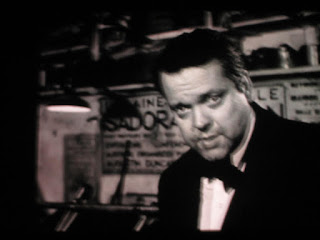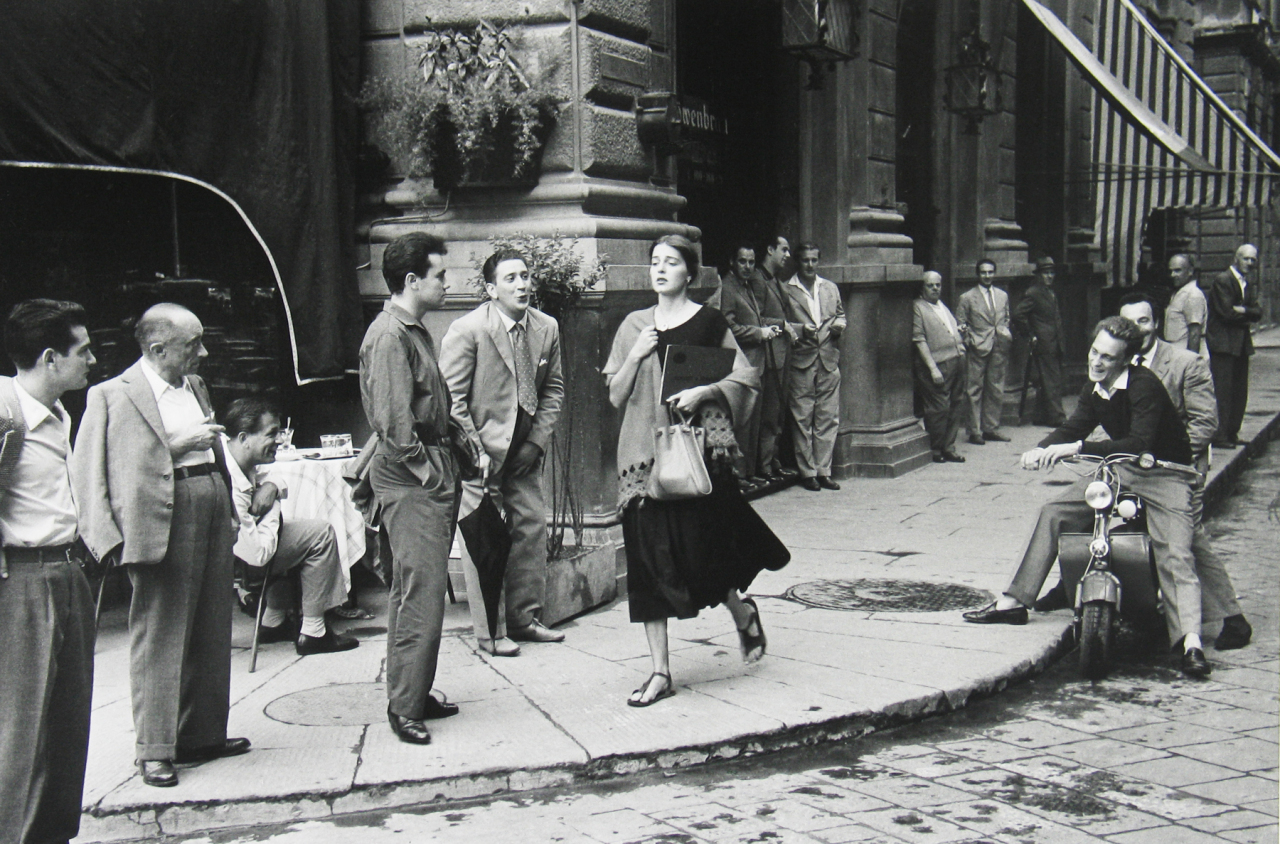Geez, it looks like I won't have time to get a really good costume together for Halloween. If I had I might have tried a painted face of some sort. Maybe something painterly, like the kind of thing Philip Burke does. What do you think of his Arnold Schwarzenegger (above)?
I do worry, though. What if I put all that paint on and couldn't get it off? I'd have to go through life like that. Does gouache wash off easy? Is it poisonous?
Painted masks look great on girls!
Here's (above) an interesting effort. Geez, Picasso would have made a great fashion designer.
I wonder if Picasso-type face makeup will become the standard for women someday. Stranger things have happened.
This girl (above) is dressed in cardboard. She deviates from the original in some ways but she looks like she had fun and she proves a point: Picasso could design real clothes.
For comparison, here's (above) the original.
I never thought of Picasso as a fashion designer til now. He was so prolific that you'd expect to see all sorts of wearables based on his designs, but I searched the net and didn't find a single one. Isn't some of his work public domain now?
Lots of designers did their own version of Picasso's general style (above), but that's not what I had in mind. Not tee shirts, either.
Here's a takeoff on Picasso's "Weeping Woman" from 1937.
For comparison (above).
On the net I came across some Picasso-type cars. I kinda' like this one.




















































